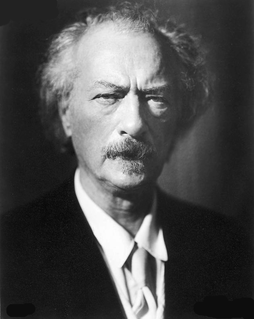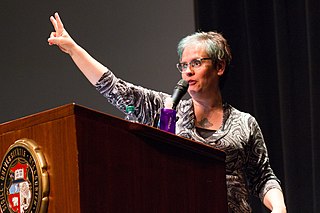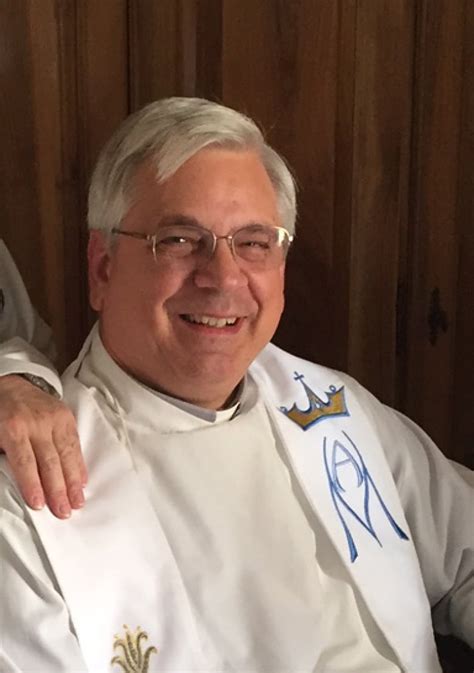A Quote by Anne Frank
In the book Soldiers on the Home Front, I was greatly struck by the fact that in childbirth alone, women commonly suffer more pain, illness and misery than any war hero ever does. An what's her reward for enduring all that pain? She gets pushed aside when she's disfigured by birth, her children soon leave, hear beauty is gone. Women, who struggle and suffer pain to ensure the continuation of the human race, make much tougher and more courageous soldiers than all those big-mouthed freedom-fighting heroes put together.
Quote Topics
Alone
Any
Aside
Beauty
Big
Birth
Book
Childbirth
Children
Commonly
Continuation
Courageous
Does
Enduring
Ensure
Ever
Fact
Fighting
Freedom
Front
Gets
Gone
Greatly
Hear
Her
Hero
Heroes
Home
Human
Human Race
Illness
Leave
Make
Misery
More
Much
Pain
Pushed
Put
Race
Reward
She
Soldiers
Soon
Struck
Struggle
Suffer
T Pain
Than
Those
Together
Tougher
War
War Hero
Women
Related Quotes
Women should be respected as well! Generally speaking, men are held in great esteem in all parts of the world, so why shouldn't women have their share? Soldiers and war heroes are honored and commemorated, explorers are granted immortal fame, martyrs are revered, but how many people look upon women too as soldiers?...Women, who struggle and suffer pain to ensure the continuation of the human race, make much tougher and more courageous soldiers than all those big-mouthed freedom-fighting heroes put together!
A mother experiences more than one death, even though she herself will only die once. She fears for her husband; she fears for her children; again she fears for the women and children who belong to her children. ... For each of these-whether for loss of possessions, bodily illness, or undesired misfortune-she mourns and grieves no less than those who suffer.
She expected the pain, when it came. But she gasped at its sharpness; it was not like any pain she had felt before. He kissed her and slowed and would have stopped. But she laughed, and said that this one time she would consent to hurt, and bleed, at his touch. He smiled into her neck and kissed her again and she moved with him through the pain. The pain became a warmth that grew. Grew, and stopped her breath. And took her breath and her pain and her mind away from her body, so that there was nothing but her body and his body and the light and fire they made together.
When anesthesia was developed, it was for many decades routinely withheld from women giving birth, since women were "supposed" to suffer. One of the few societies to take a contrary view was the Huichol tribe in Mexico. The Huichol believed that the pain of childbirth should be shared, so the mother would hold on to a string tied to her husband's testicles. With each painful contraction, she would give the string a yank so that the man could share the burden. Surely if such a mechanism were more widespread, injuries in childbirth would garner more attention.
Emily suffers no more from pain or weakness now. She will never suffer more in this world. She is gone after a hard, short conflict...Yes there is no Emily in time or on earth now. Yesterday we put her poor, wasted, mortal frame quietly under the chancel pavement. We are very calm at present. Why shoud we be otherwise? The anguish of seeing her suffer is over; the spectacle of the pains of death is gone by; the funeral day is past. We feel she is at peace. No need now to trouble for the hard frost and the keen wind. Emily does not feel them.
There's unconditional love there. You hear that phrase a lot but it's real with me and her [June Carter]. She loves me in spite of everything, in spite of myself. She has saved my life more than once. She's always been there with her love, and it has certainly made me forget the pain for a long time, many times. When it gets dark and everybody's gone home and the lights are turned off, it's just me and her.
Reality is a harsh mistress. She demands our honesty. She demands our work. She demands that we give up comforts, that we let ourselves feel pain, that we accept how small we are and how little control we have over our lives. And she demands that we make her our top priority. But she is more beautiful, and more powerful, and more surprising, and more fascinating, and more endlessly rewarding, than anything we could ever make up about her.
A light was on in the kitchen. His mother sat at the kitchen table, as still as a statue. Her hands were clasped together, and she stared fixatedly at a small stain on the tablecloth. Gregor remembered seeing her that way so many nights after his dad had disappeared. He didn't know what to say. He didn't want to scare her or shock her or ever give her any more pain. So, he stepped into the light of the kitchen and said the one thing he knew she wanted to hear most in the world. "Hey, Mom. We're home.
The nerves of the skin send pain signals to the brain to warn us of the danger from and impending injury. In the case of self-inflicted wounding, this pain acts as the body's own defense mechanism to stop one from proceeding in the effort at physical injury. If a person proceeds despite the pain, that means that he or she is motivated by something stronger than the pain, something that makes him or her capable of ignoring or enduring it.
Once the pain-body has taken you over, you want more pain. You become a victim or a perpetrator. You want to inflict pain, or you want to suffer pain, or both. There isn't really much difference between the two. You are not conscious of this, of course, and will vehemently claim that you do not want pain. But look closely and you will find that your thinking and behavior are designed to keep the pain going, for yourself and others. If you were truly conscious of it, the pattern would dissolve, for to want more pain is insanity, and nobody is consciously insane.
The smile that covered a "multitude of pains" was no hypocritical mask. She was trying to hide her sufferings - even from God! - so as not to make others, especially the poor, suffer because of them. When she promised to do "a little extra praying & smiling" for one of her friends, she was alluding to an acutely painful and costly sacrifice: to pray when prayer was so difficult and to smile when her interior pain was agonizing.




































